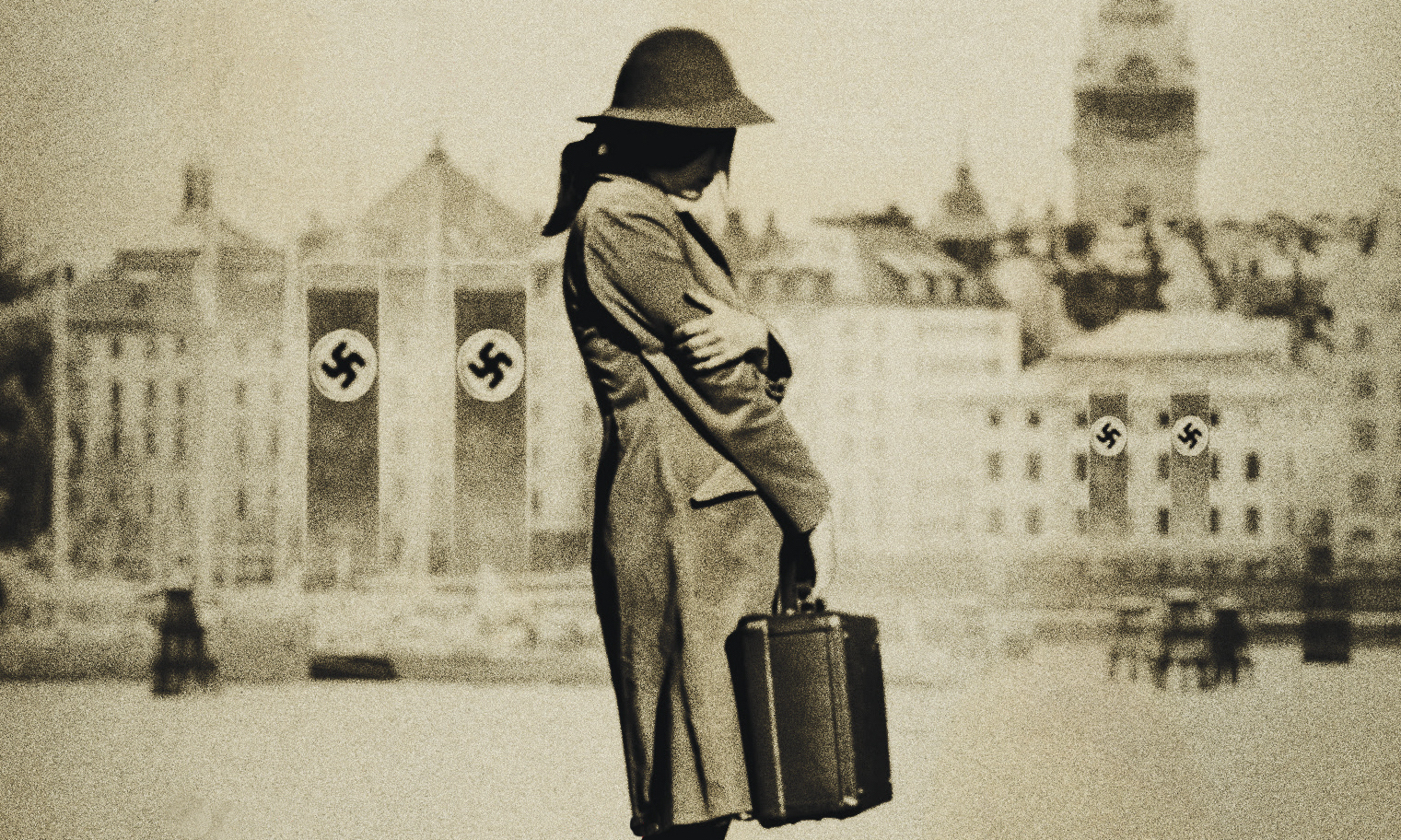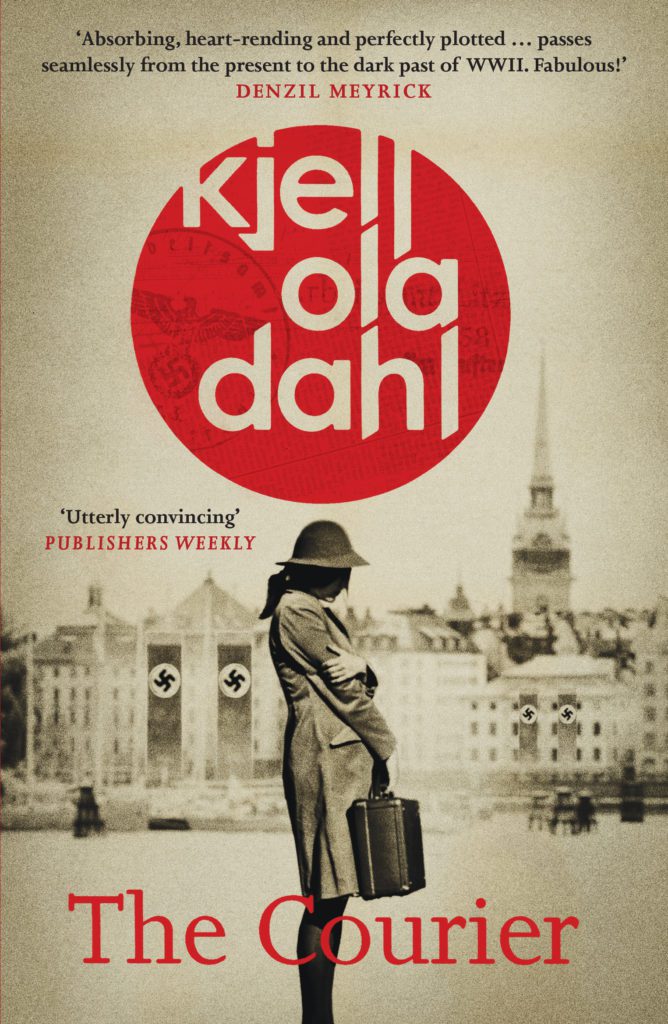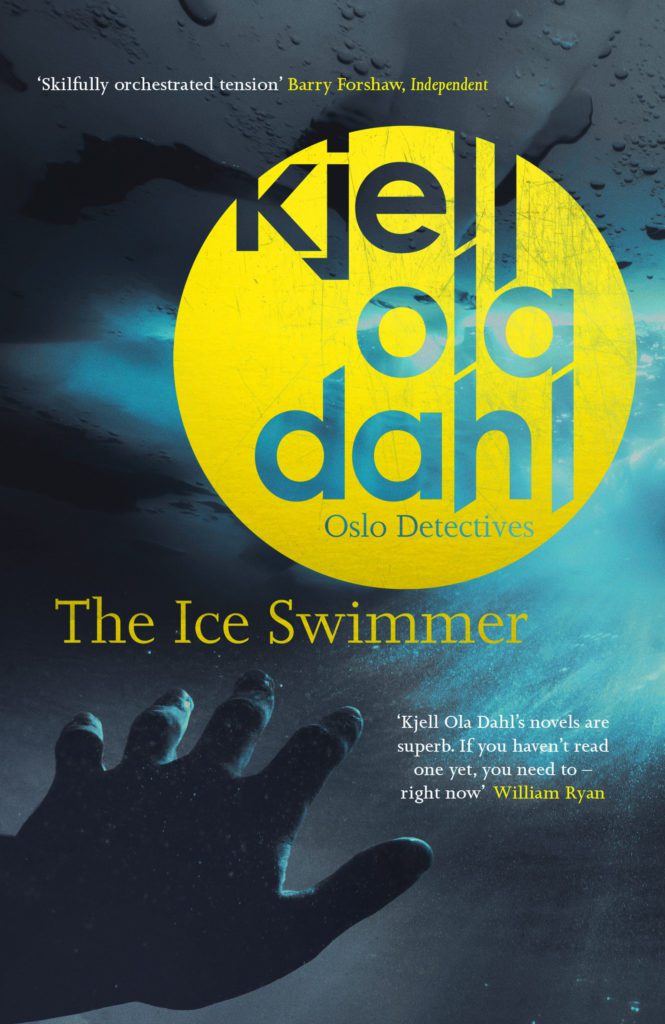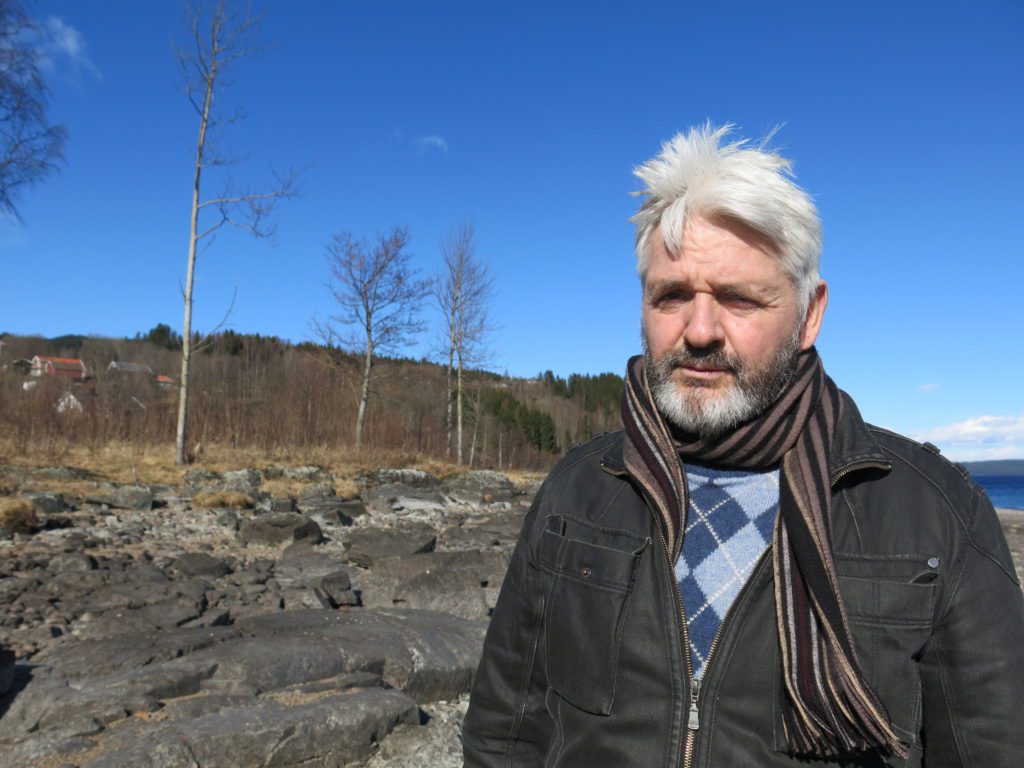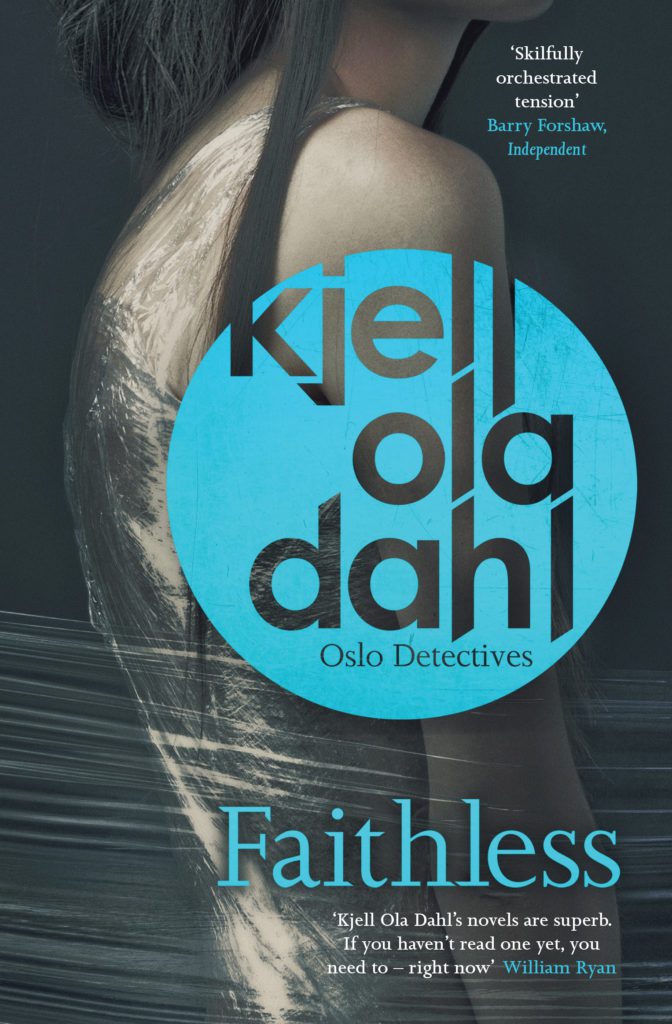Ahead of his appearance at the Edinburgh Book Festival, crime writer Kjell Ola Dahl sat down with Norwegian Arts to discuss the lingering effects of the Second World War, Oslo’s street systems and how detective novels can unpick the human experience as accurately as literary fiction.
Known as the ‘Godfather of Nordic Noir’, Kjell Ola Dahl has been writing crime novels set in his native Oslo since the early 1990s, long before Jo Nesbø took the sub-genre into the mainstream. Rather than delivering high concepts and extreme serial killers, however, Dahl’s novels remain firmly rooted in reality. The personal lives of his detectives and the moral dilemmas of his suspects are as significant as the identity of perpetrators.
To date, six of Dahl’s bestselling ‘Oslo Detectives’ series – featuring Chief Inspector Gunnarstranda and his police team – have been translated into English. However, his most recent novel, The Courier, is a one-off mystery set during the turbulent years of the Nazi occupation of Norway. In the novel, Ester, a Jewish Norwegian Resistance worker, is betrayed and flees Norway for neutral Sweden. In Stockholm she becomes involved with Gerhard, a friend who is wanted for murder back in Oslo. Those events continue to cause ripples a quarter of a century later. Dahl has blended various narrative traditions – spy thriller, whodunit – into a gripping period piece (gracefully translated by Don Bartlett).
After the success of your contemporary Oslo Detectives series, what drew you to write a standalone historical novel?
I’m very interested in history, especially war history and Norwegian history. I also write some non-fiction books and I had a lot of research on the war and wanted to use that in a novel. Also, many years ago, I worked with a man who was Jewish and had escaped Oslo in 1942, as Ester does. He flew to Sweden and then to Scotland. He was trained as a saboteur and came back to fight in Norway behind enemy lines. He was a very fascinating man because as a Jew he was not a victim, he was a soldier. I wanted to create a character that had this fighting spirit and at the same time share the fate of the Jews in the Holocaust. In that way I created Ester because I wanted to use a woman. I felt that a man would be more of a cliché.
To what degree are the characters in The Courier based on real people?
The other characters are also inspired by real people. The character of Sverre – the older man – is inspired by some of the characters around [real-life war hero] Gunnar Sønsteby. A man called Jens Christian Hauge was the leader of Milorg [the main Norwegian Resistance movement] and was a very interesting character, because when the occupation started he started to prepare for the peace. A very solid, very good politician. I wanted to have a character like that in the book.
During the war there was a conflict between Resistance members. Sønsteby was on one side, he was a soldier, but he was very loyal to the Norwegian Government in London. But you had the communists, and they were doing military resistance. And when they did, the Germans took hostages and killed innocent Norwegians. So, there was a conflict of what kind of resistance you should have.
Do you think Norway has come to terms with its wartime history?
Yes and no. Still there is conflict. Just one year ago there was a non-fiction book published on the Norwegian Holocaust and it created a lot of disturbance and very tough debate. The writer accused some prominent people of having done things that should not have been done. So, we’re not finished. But, in many respects, we are, because the wartime generation is dying.
The novel flits between the war years, the late-1960s and the present day – was this daunting or exciting to juggle?
It was very exciting. I wanted the 1960s to be present because that’s my own time. I was a child in the 1960s and I wanted to recreate that period in my mind. And it gave a good distance from the war because then Ester wouldn’t be that old. It would still be interesting to see what happened when characters met again.
Your novels detail Oslo’s streets and landmarks – did these change during the periods covered in this book?
Yes. And I find that very intriguing. One way to go into that time is to see photographs and film from that time, to see places and try to re-establish some of that culture. For instance, people talk differently now. And Oslo and Stockholm are different today from how they were in the 1940s. I find it very interesting to go into the geography of that time. I’m a big collector of maps of Oslo.
People were poor, they were starving. One very common dish during the war was crow. My mother is a source for my books, she grew up in Oslo in the 1930s and 1940s. After the war she was sent to the countryside to be on a farm to get fat because she was so starved.
The Courier has been likened to the work of John le Carré and William Boyd. Do you have many international influences?
Reading is a very important part of writing. I’m very fond of John le Carré. But not only him, also Graham Greene and Philip Kerr. When I read those writers, I’m trying to study how they tell their stories. Because it’s espionage and it’s history.
Does Nordic Noir link to a larger tradition of Norwegian literature?
Yes. Especially to the work of the writers in the 1970s, with the social realist aspect to their writing. The part of being realistic in crime fiction, that is also part of the traditions of ordinary fiction. So yes, they are connected.
But it also goes in trends. Now the autobiographical thing is very hot in normal fiction. Crime thrillers are all about creating a story but there is a lot of ordinary fiction that also creates a story. So there are many similarities but certain differences.
Kjell Ola Dahl will be in conversation with Scottish novelist Mary Paulson-Ellis at the Edinburgh Book Festival on 19 August
The Courier by Kjell Ola Dahl is published by Orenda Books

